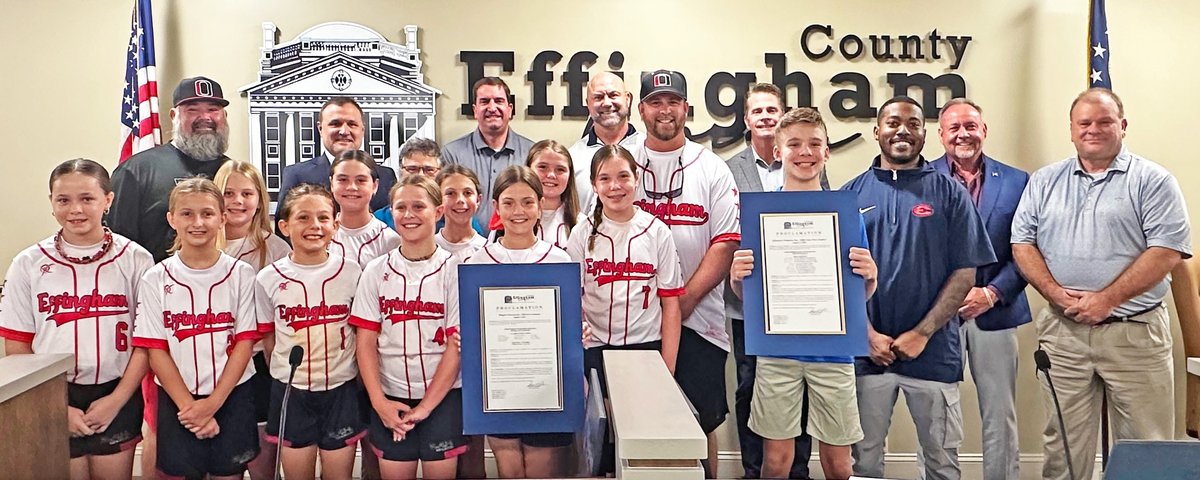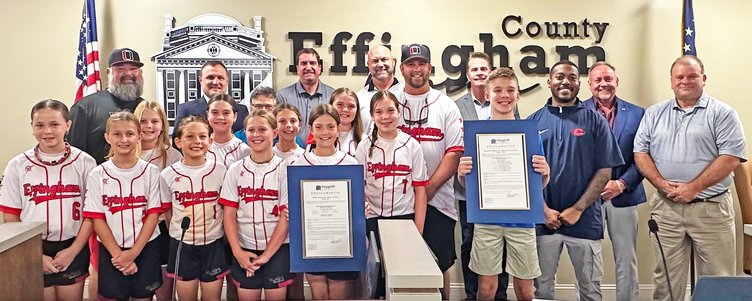Construction on the initial soundstages for a massive studio project could happen as soon as January, Moon River Studios CEO Jake Shapiro said Thursday.
Shapiro, speaking to the Rotary Club of Effingham County, said the studio, which is building the U.S.’ largest movie production facility off Interstate 16 and Old River Road in southern Effingham, already has advertised for more than 70 jobs.
For just film production, the studio expects to create more than 520 jobs, aside from any other positions needed for retail, hotel and tourism efforts on the 1,560-acre property.
“We’re building an intellectual property factory that is going to maximize savings and efficiencies, creating a whole lot of permanent jobs in Effingham County,” he said.
Of the jobs currently being advertised, some are part-time but will become full-time, Shapiro said.
The jobs will be permanent, and the studio has designs on having crews go from production to production. Having its own crews, with its own equipment and using the same sets, is expected to cut down the production costs by 40 percent.
Shapiro, who has been CEO since June but also wrote the original business plan for the studio, given a working title of Project Model-T, said the company’s push to reform how movies are made remains intact.
“It’s a broken industry,” Shapiro said. “One of the famous quotes of the industry is ’95 percent of my life is spent raising money for movies. Five percent is making movies. What a miserable experience.’ And that was said by Orson Welles. Nothing has changed since then, whether you ask George Lucas or Steven Spielberg. They all have been predicting an implosion of the industry because of the cost structures.
“We’re automating the film industry. We’re going to do to Hollywood what Henry Ford did to the automotive industry,” he said.
If the studio had a $10 million project, for instance, production costs would be trimmed to $6 million. The state’s tax credits for money spent on production and post-production in the state, a 30 percent rate, would lop off another $3 million.
If the film has $3 million in foreign sales, “that means every dollar domestically will be pre-tax profit,” Shapiro said.
“We’re tackling the cost side of the equation,” he said. “If you produce a good product at a good price, you’ll always do OK.”
States are fighting over film and television production firms and offering tax credits and incentives because of their significant economic impacts, Shapiro said.
“Each dollar spent generates another five dollars in regional benefit,” he said. “It’s a massive multiplier effect. That’s why all these states have all these aggressive tax credit programs to attract the film industry to their locations.”
When the studio was looking to locate its massive studioplex project, it had a “road show,” Shapiro said, with a five-state bidding war. They passed on Pennsylvania — leading the papers there to lambaste state officials, Shapiro added — while a trip to New York showed a potential spot on a bluff overlooking the Hudson River.
But studio officials balked when local officials told them they had done $7 million in zoning and legal work, and the project could come up for a referendum in 19 months.
The studio executives were set to set up camp at a 600-acre former Army base outside of Atlanta — both Fort McPherson and Fort Gillem have been totally or partially closed and turned over for redevelopment. Tyler Perry is said to be purchasing most of the 500 acres of Fort McPherson, closed since 2011, and most of Fort Gillem’s 1,500 acres will find new uses.
Then they met John Henry and Erin Phillips with the Effingham Industrial Development Authority.
“They said, ‘Can you give us an hour?’ An hour later, with a yellow legal pad, they laid out a program for us to come to Effingham,” Shapiro said.
He also boasted that the state is No. 1 in the country in growth in film production, pointing out “The Hunger Games” and “Anchorman 2” as recent movies filmed on location in the Peach State.
“Georgia is so business-friendly, compared to the rest of the country,” Shapiro said. “It is a pro-business climate here that we really appreciate.”
Moon River also is gearing up for the release of “Yellow,” a critically-acclaimed movie directed by Nick Cassavetes that stars Sienna Miller, Ray Liotta, Gena Rowlands and David Morse.
“It has a great, great cast,” he said.
Shapiro said he met with film distributors in New York recently and progress has been made in the movie’s pending release.
The studio is expected to announce its first production soon, and Shapiro said Chad Darnell, who is behind the “Rest in Peace” project, currently is involved with the “Magic Mike” sequel being filmed in Savannah.
As eager as domestic moviegoers are for new releases, Shapiro said the foreign markets are booming.
“Action-superhero movies actually do more revenue overseas than they do in America. That’s how big those markets have become,” he said.
Big budgets and big names also don’t always equal big revenue, Shapiro cautioned. “The Lone Ranger,” with an estimated budget of $215 million, according to IMDB.com, grossed only $89 million in the U.S.
“If you think about it for a moment, it’s a movie about two guys and two horses that cost $350 million,” he said.
The studio is scheduled to have its development of regional impact come up for approval next month and if the timeline holds, work on the first set of soundstages could start by mid-January.
“It’s an example of how a public-private partnership is supposed to work,” he said.
Having reviewed between 1,200 and 1,500 scripts in the last year, Shapiro said the studio expects to announce a slate of films soon.
“We reviewed them again to see which ones can be shot in Effingham County, Savannah and Coastal Empire,” he said. “There are areas of Savannah that can pass for Brooklyn or the Lower East Side. Tybee can pass for Connecticut or the Islands. We have areas that can pass for the desert. We have all these things between a five- and 15-minute drive.”
Since the shakeup of its leadership, the studio has been sued three different times. One suit, brought by former Savannah Film Commission and studio vice-president Jay Self, is now in mediation. Chatham County State Court Judge Gregory Sapp ordered alternative dispute resolution on Sept. 26.
Former CEO Manu Kumaran, who was ousted in June, filed suit in Washoe County, Nev., filed a temporary restraining order and preliminary injunction July 3. Judge Jerome Polaha denied Kumaran’s request for a receiver and the preliminary injunction.
The studio’s legal representatives have filed a motion to dismiss. A pre-trial conference was scheduled for Friday, and a jury trial date of April 20, 2015 has been set.
A lawsuit brought by a stockholder, originally filed in Effingham County Superior Court, has been moved to the U.S. District Court’s Southern District.
Yet Shapiro believes construction can start in the next few months. Moon River has tapped Hussey, Gay, Bell and DeYoung as its engineers, Choate as its construction partner and Bill Foley as its architect.
In addition, Moon River also wants to turn the property into a tourist spot, drawing from Savannah’s 13.3 million visitors a year.
Shapiro added the project will include an amphitheater to seat between 10,000-20,000 people, though its creation won’t be among the first items addressed on the property. Charles Koppelman, the studio’s chairman of the board, also represents a range of singers and musical acts, including Jennifer Lopez, Nicki Minaj and Adam Levine of Maroon 5.
There will be cross-country trails and soccer and baseball fields as part of the development, he reiterated.
“We truly want to be a corporate citizen of Effingham County and not in name only but in action,” he said. “We want people to come and enjoy the property.”








